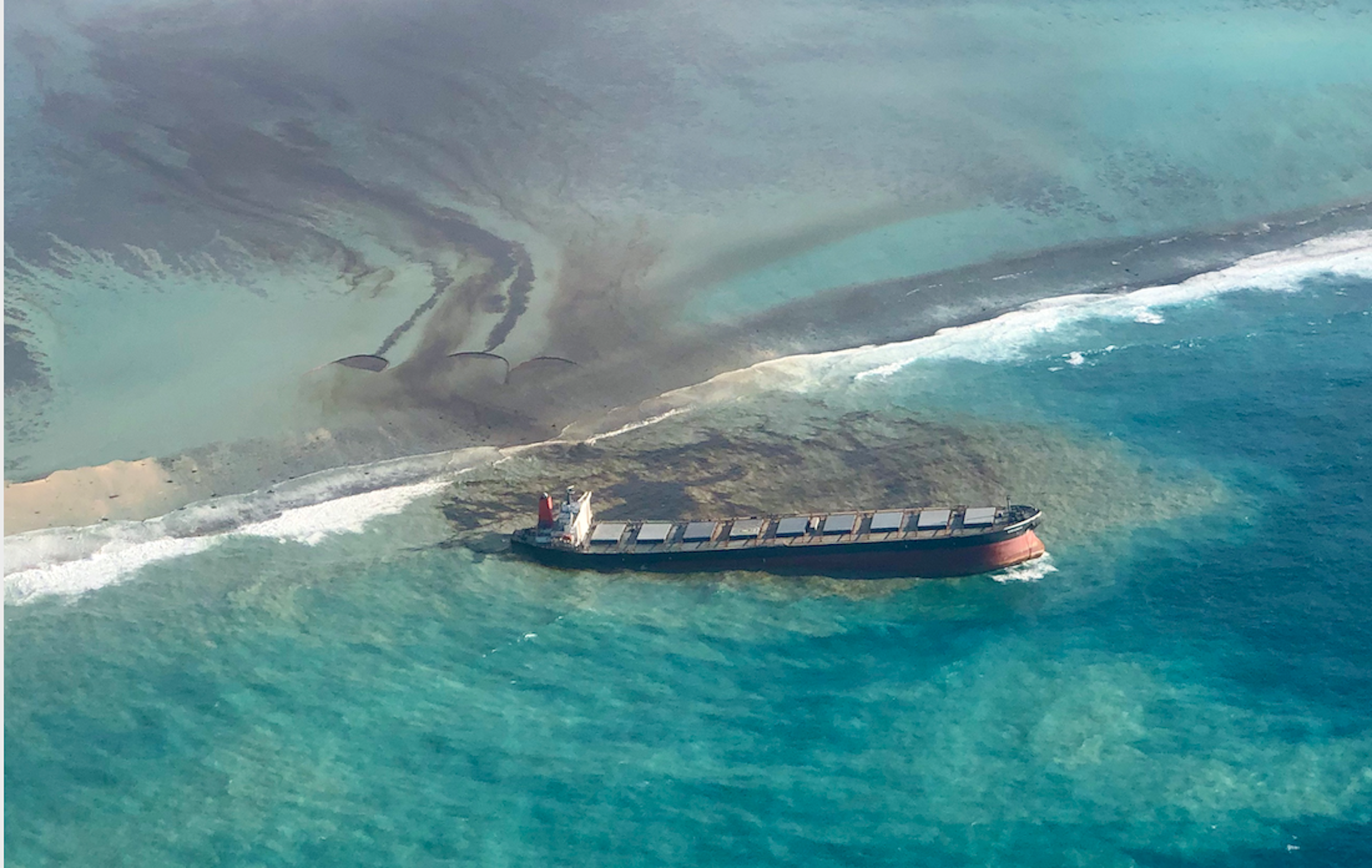Successful adaptation to climate change relies on effective and timely measures to be implemented at different government levels. To pursue this aim, a robust scientific basis is crucial as a support tool to decision-making. It is also important to differentiate policy solutions based on each region’s unique characteristics and vulnerabilities, which have recently been assessed and evaluated to help prevent future weather-induced hazards.
Climate change impacts are having a consistent effect on the agricultural sector. Worsening climate conditions are expected to threaten water supplies in the Mediterranean region and its agricultural systems, which rely extensively on irrigation. A profound understanding of the effect of climate change on crop water consumption and irrigation requirements is key to better manage water resources, particularly in regions largely affected by water scarcity with aggravating conflicts between water-demanding sectors. Recent scientific results provide guidelines for precision agriculture at a local scale and help evaluate requirements at a larger scale.
In order for adaptation policies to be effective, they need to be integrated. One particularly challenging example is the Near East and North Africa (NENA) region, one of the world’s most vulnerable areas relying heavily on agriculture. For this region, possible adaptation options are being explored and assessed, and results suggest that the integration of different agricultural management techniques can provide greater benefits than the application of a single practice.
In general, the well-being of plants and crops depends on many meteorological and climatic variables, including solar radiation, air temperature, relative humidity and wind speed, as well as specific crop characteristics and cultivation practices. In particular, droughts – with their complex patterns – are found to be consistently related to negative impacts on crop yield on a global scale. A better understanding of the effects of droughts on crops may foster the achievement of both food and energy security.
In this already complex scenario, the COVID-19 pandemic has exacerbated the existent vulnerabilities related to agriculture and food security worldwide. In particular, households that are female-headed, less-educated, poor or experiencing a pandemic-induced loss of income, or without access to savings, have been more likely to suffer from food insecurity during the recent health emergency. This result stresses the importance of understanding the local contexts and their socioeconomic differences to enable the design and implementation of more effective adaptation policies.






